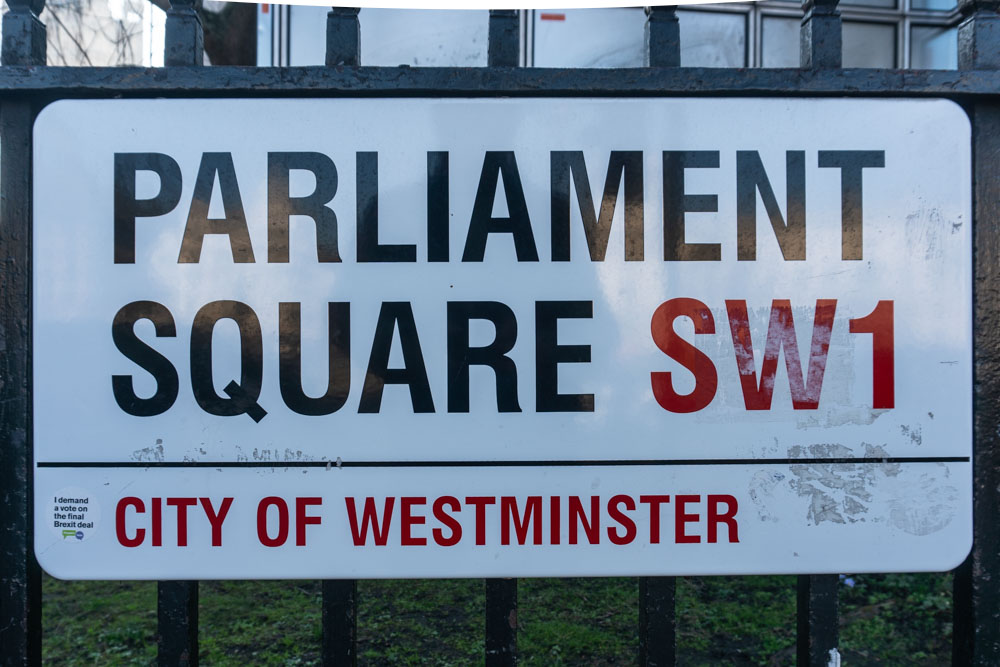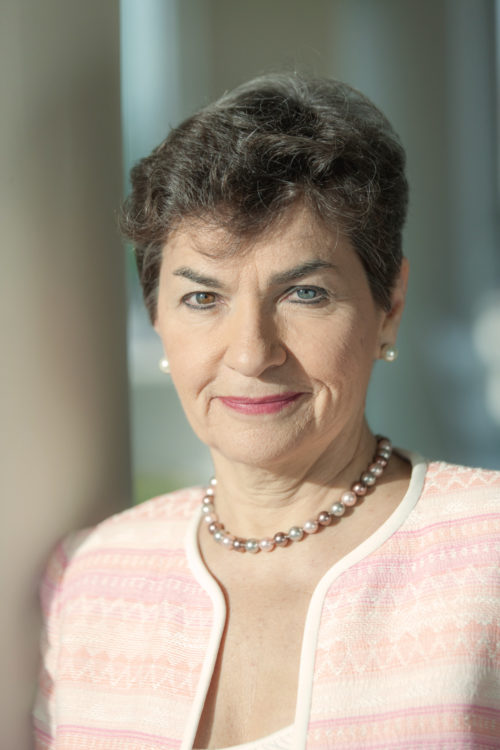Letter from Scotland
Everything seems to come in a
box these days. It’s delivered to your
door in a box – books, clothes, spare parts, pizzas, Easter eggs. And inside,
there are often more boxes, to be opened like Russian dolls. Eventually you may
come to something of real value. But in
the box set of Brexit episodes, there is only what Churchill described as “a
riddle, wrapped in a mystery, inside an enigma.”
By the time I come to eating
my Easter egg, the immediate riddle may be solved by Jeremy Corbyn and Theresa
May but the mystery of how we got here and the enigma of where we are going
next will still have to be unwrapped.

As talks take place over the weekend between Labour and the May government, the SNP and other parties are left looking on in alarm. Scotland’s First Minister Nicola Sturgeon flew down to see the Prime Minister on Wednesday to try to muscle in on the discussions. But she emerged saying it’s not clear what Mrs May is prepared to offer as a compromise to gain a parliamentary majority for an exit plan.

The SNP group at Westminster were much criticised for failing to support two motions in favour of remaining in the Customs Union and the Single Market. This after all had been their initial compromise suggestion. But that appears to have been overtaken by the party’s new commitment that such a plan should be put to the people in a second referendum.
If MPs were able to take their eyes off Brexit for a moment, they may have noticed a naked protest taking place in the public gallery in the House of Commons earlier this week. The press certainly noticed it. Shapely campaigners stripped off to draw attention to the need to do something about climate change, an issue far bigger than Brexit, though without quite so tight a deadline.

It was an issue which also resulted in a fully-clothed rally outside the Scottish Parliament on Tuesday. Environmental campaigners were there to urge MSPs to set a zero-emissions target for 2050. The climate change bill, which passed its first stage on Tuesday, sets a target of a 90 per cent reduction in greenhouse gas emissions by 2050 which the government says is the most ambitious target in the world. Scotland is already ahead of the target, having recorded a 50 per cent drop in emissions since 1990.
Maybe that’s why the UN’s
Intergovernmental Panel on Climate Change chose Edinburgh for its latest
meeting of experts, taking place this weekend.
And it might also explain the Edinburgh Science Festival’s decision to
award the Edinburgh Medal to Christina Figueres, the Costa Rican diplomat who
salvaged the failed climate change summit in 2010 and managed to get most
countries to sign up to the Paris Agreement in 2015.

President Trump, of course, doesn’t see the need to limit global warming to 2 per cent because any science he doesn’t agree with is a “hoax.” He should try attending this year’s Edinburgh Science Festival to see if he can discover any other hoaxes among the 270 workshops, lectures, discussions and events taking place between now and 21s April.
Perhaps he could tell us how
to dispose of the seven nuclear submarines which have been laid up at the
Rosyth navy base for nearly 40 years.
It’s a riddle which has so far defeated the scientists. A report out this week from the National
Audit Office says these, and the 13 other decommissioned nuclear submarines at
Devonport, have so far cost the taxpayer £500m in storage costs. These black hulks are a visual reminder of
our irresponsible attitude to the future.
We are creating waste that you cannot just throw away.
And even if you could, it’s
not a very nice thing to do. We Scots
are one of the litterbugs of Europe. Our
environment secretary Roseanna Cunningham was out on the M8 and M9 motorways
this week watching groups of litter-pickers at work. Apparently 1,300 bin bags of litter are
picked up every month from just these two roads. She’s thinking of making it a specific
offence in law to throw litter out of a vehicle.
Finally, Edinburgh University
is waking up to find itself in the 21st century. It’s to grant posthumous
degrees to seven women who qualified as doctors 150 years ago but were never
allowed to graduate. The “Edinburgh
Seven” were the first women to complete medical training in Britain. They had
to organise their own separate tutorials and, on some occasions, doors were
shut in their faces and they were pelted with mud by male students. Their final
anatomy exam was interrupted by a sheep being let lose in the exam hall. It wasn’t till 1896 that the university
awarded degrees to female students.
Maybe it’s unfair to
criticise one generation’s prejudices by the standards of another. It would after all be interesting to read
what historians make of the Brexit affair in 150 years’ time: a glorious
bloodless revolution, the end of the democratic experiment, the Easter crisis
or just a minor case of scrambled Easter egg.